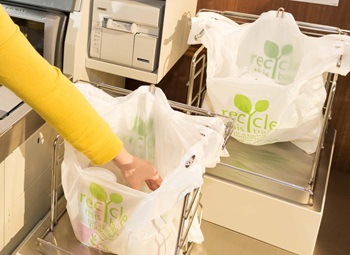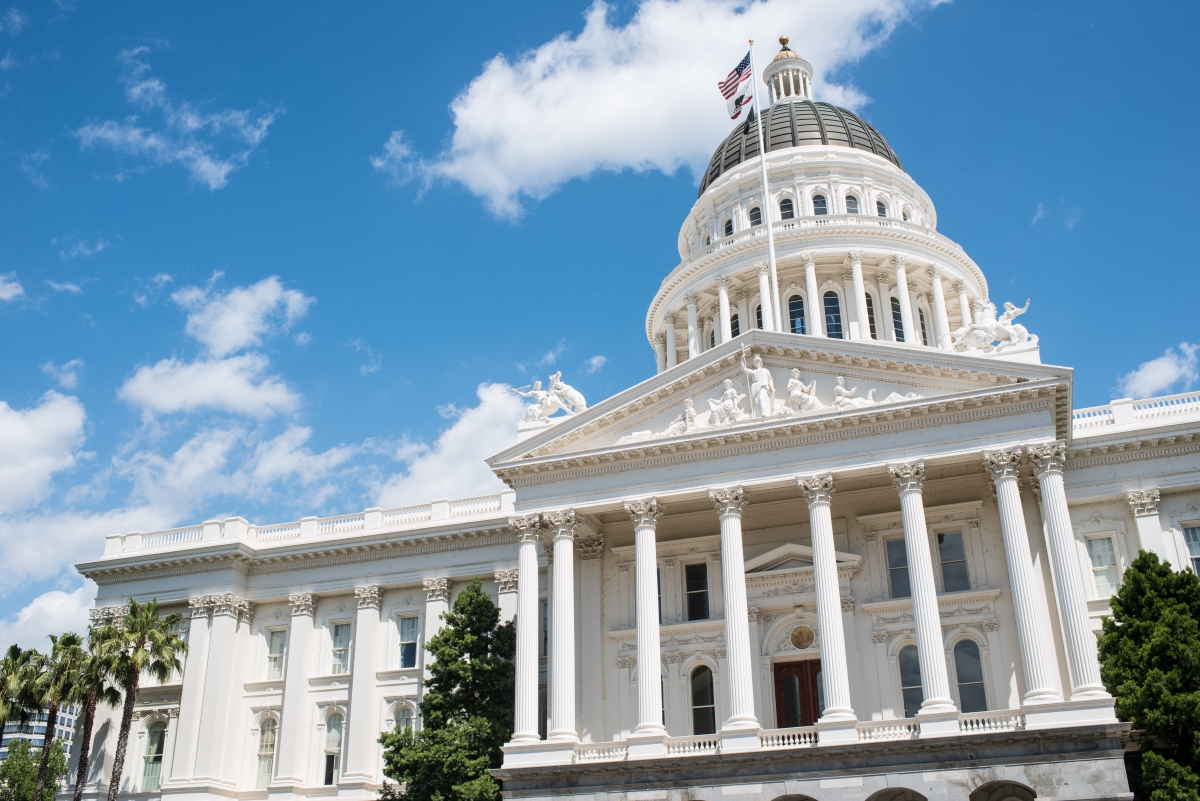By Michael Green, Senior Manager, Advocacy & Local Policy, Food Marketing Institute

A consistent theme we see in the lawmaking process is that absent state preemption, localities often take matters into their own hands when legislation they think is crucial is blocked at the state or federal level. As the wheel of government turns, these policies that local governments dreamed up and incubated in cities and towns then gradually percolate back to the state level as they gain press attention and popularity.
We saw this phenomenon with a $15 per hour minimum wage, which started life in coastal cities like Seattle and New York City, gradually caught fire in municipalities across California, and then migrated to the state level over the past couple years. With Illinois, Maryland and New Jersey enacting gradual increases to a $15 minimum wage in early 2019, the movement has now spread to six states, with potentially more to come.
A number of local issues appear poised to break out at the state level this session.
Single-Use Plastic Bags
The most highly publicized of these issues is regulation of single-use plastic bags. Well over 350 localities in the United States ban or tax plastic bags (see a partial list here). However, when the 2019 state legislative sessions began in January, only one state regulated single-use bags at the state level – California (Hawaii also imposes a de facto ban, since each county in the state has a prohibition in place).
Already, New York state has followed California, enacting a prohibition on the distribution of plastic carryout bags that will take effect on March 1, 2020, in addition to a five-cent fee on paper bags to which cities and counties may opt-in. Hot on New York’s heels are Connecticut, Illinois, Massachusetts, New Hampshire, New Jersey, Oregon, Washington and Vermont, all of whom have statewide plastic bag regulations moving fast through their state legislatures.
Styrofoam Containers
Going beyond bags, prohibitions on polystyrene containers and packaging have also made the jump from a local to state issue this session. On April 30, Maine became the first state in the country to prohibit the sale or distribution of disposable foodservice containers made from polystyrene foam (aka “Styrofoam”). Meanwhile, the Maryland legislature has approved a polystyrene ban bill that now awaits signing or veto by state Governor Larry Hogan (R).
Tobacco Purchase Age
For many years, only Alabama, Alaska and Utah had a tobacco purchase age of 19 when the rest of America allowed 18 year olds to purchase tobacco. With the advent of ecigarettes and the reemergence of youth smokers, localities sought to put an end to kids getting high school seniors to purchase tobacco for them. When states could not get these bills passed, localities stepped in. Some 450 localities have now adopted “Tobacco 21,” making age 21 the new purchase age for tobacco. The original three states have now gone from a purchase age of 19 to 21 and ten other states (Illinois, Maryland and Washington in 2019) have adopted “Tobacco 21” with more expected to follow.
FMI State Issues Retreat: Grocers’ Top National Source for State and Local Legislative Intel
To help our members make sense of these trends and identify issues potentially ready to make the local-to-state jump, FMI holds the State Issues Retreat in August, an annual conference that brings together food retail grocery associations and grocery company government relations professionals from each state to discuss state and local legislative and regulatory issues of interest to the food industry. State Association executives share their lobbying expertise and advocacy strategies as issues move across the country. With more and more policymaking occurring at the state and local level, this meeting provides an important opportunity to learn the lessons of 2019 and strategize for 2020. This year, FMI will hold the State Issues Retreat at the Four Seasons Hotel in Denver, Colorado, from August 12 -14.
Of course, minimum wage, plastics and polystyrene, and Tobacco 21 are only a part of the broad array of state and local issues we will discuss at the meeting. Over 8,000 state bills were introduced or prefiled this session in the issue areas FMI tracks. On the local side, FMI has monitored nearly 250 local ordinances in 10 priority issues areas since January. Based on all this activity, additional discussion topics likely will include CBD, Food and Beverage Taxes, Pharmacy (including DIR Fees), Plant-Based Food Labeling, SNAP/WIC, Wage & Labor issues and much more.
Don’t be caught off guard if a previously local issue starts gaining steam in your state capital. Get the intel you need to be prepared at the 2019 FMI State Issues Retreat. See you in August.


 Industry Topics address your specific area of expertise with resources, reports, events and more.
Industry Topics address your specific area of expertise with resources, reports, events and more.
 Our Research covers consumer behavior and retail operation benchmarks so you can make informed business decisions.
Our Research covers consumer behavior and retail operation benchmarks so you can make informed business decisions.
 Events and Education including online and in-person help you advance your food retail career.
Events and Education including online and in-person help you advance your food retail career.
 Food Safety training, resources and guidance that help you create a company food safety culture.
Food Safety training, resources and guidance that help you create a company food safety culture.
 Government Affairs work — federal and state — on the latest food industry policy, regulatory and legislative issues.
Government Affairs work — federal and state — on the latest food industry policy, regulatory and legislative issues.
 Get Involved. From industry awards to newsletters and committees, these resources help you take advantage of your membership.
Get Involved. From industry awards to newsletters and committees, these resources help you take advantage of your membership.
 Best practices, guidance documents, infographics, signage and more for the food industry on the COVID-19 pandemic.
Best practices, guidance documents, infographics, signage and more for the food industry on the COVID-19 pandemic.
